Impressions from Graz
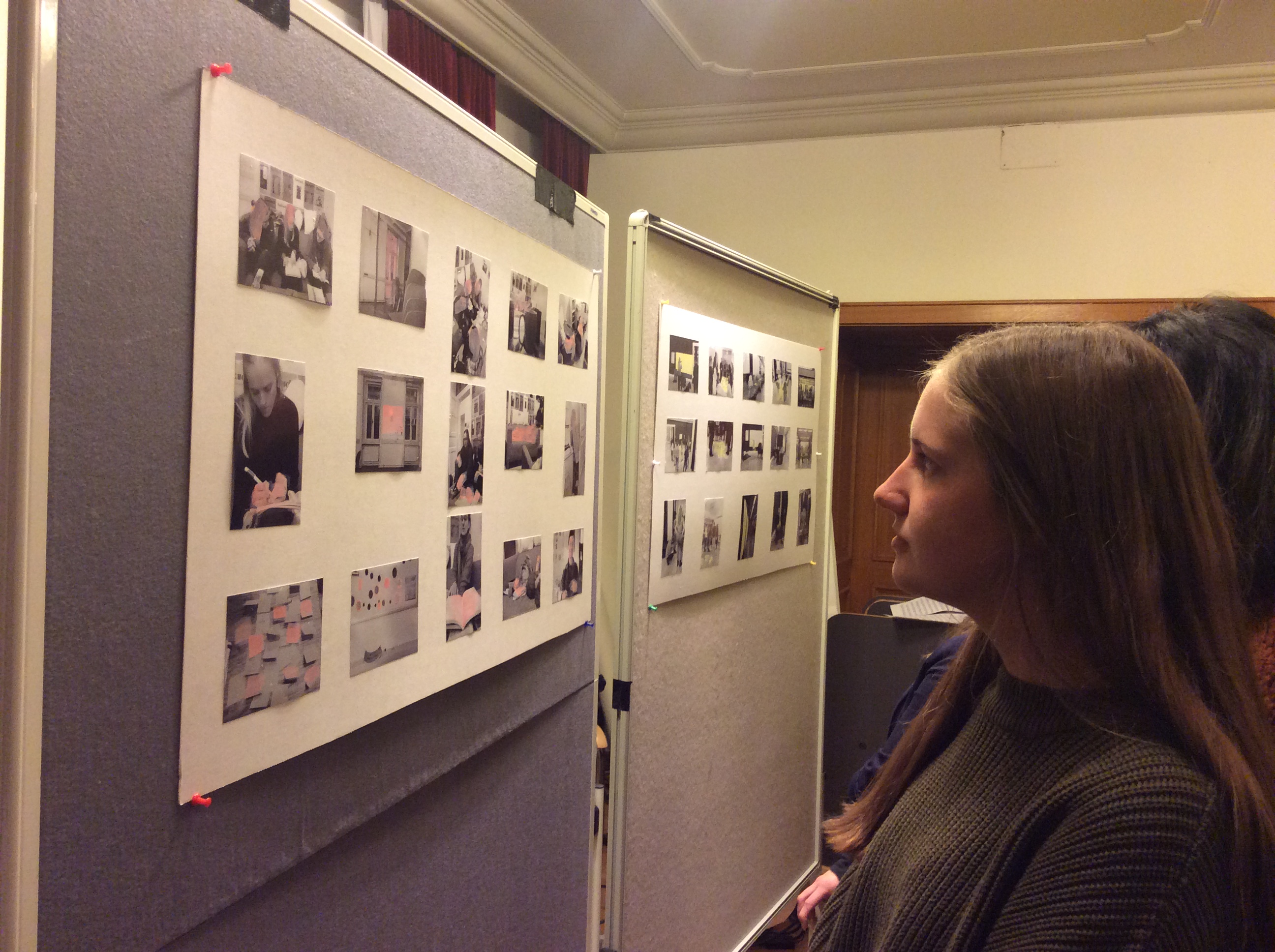

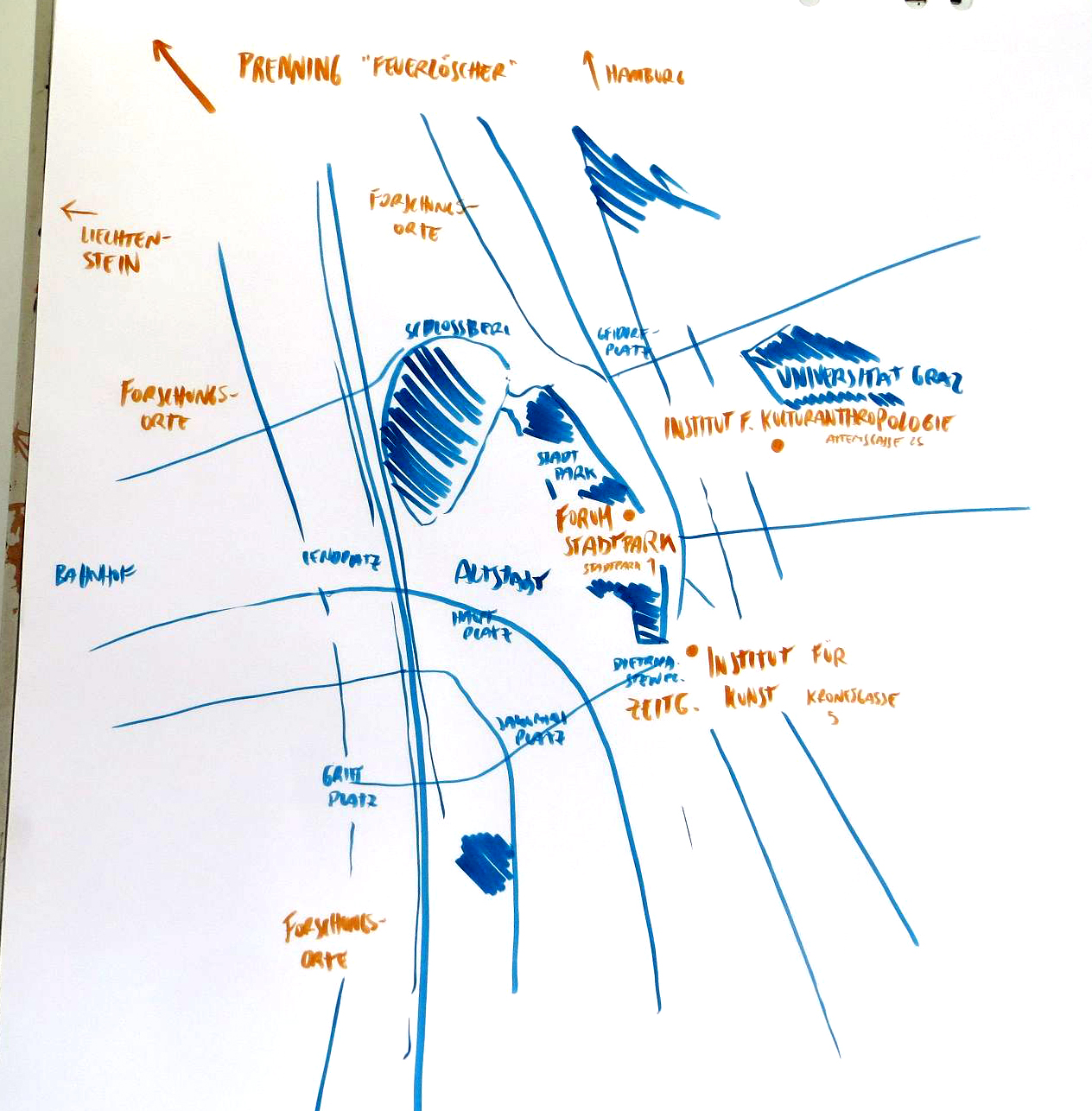

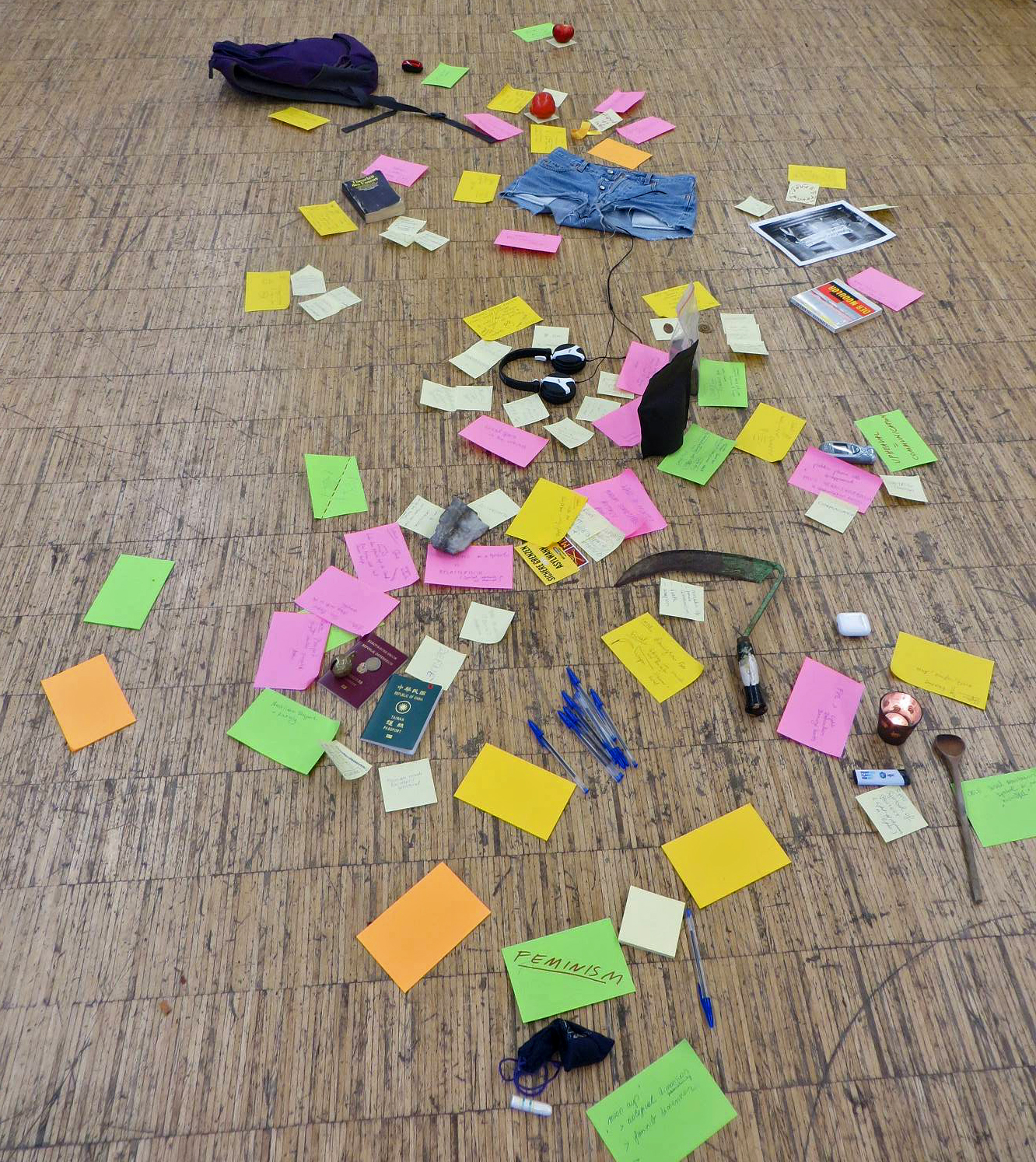

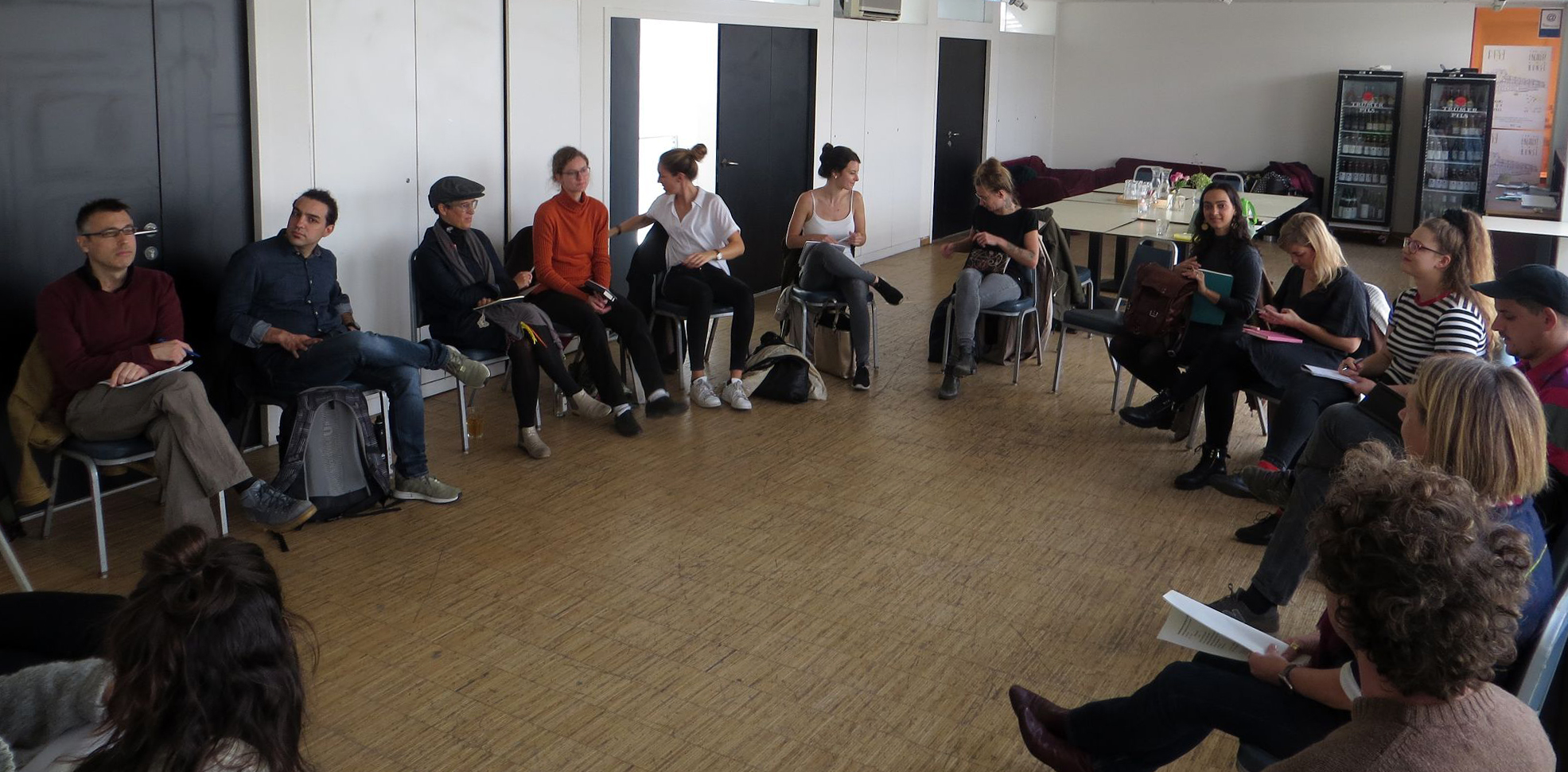

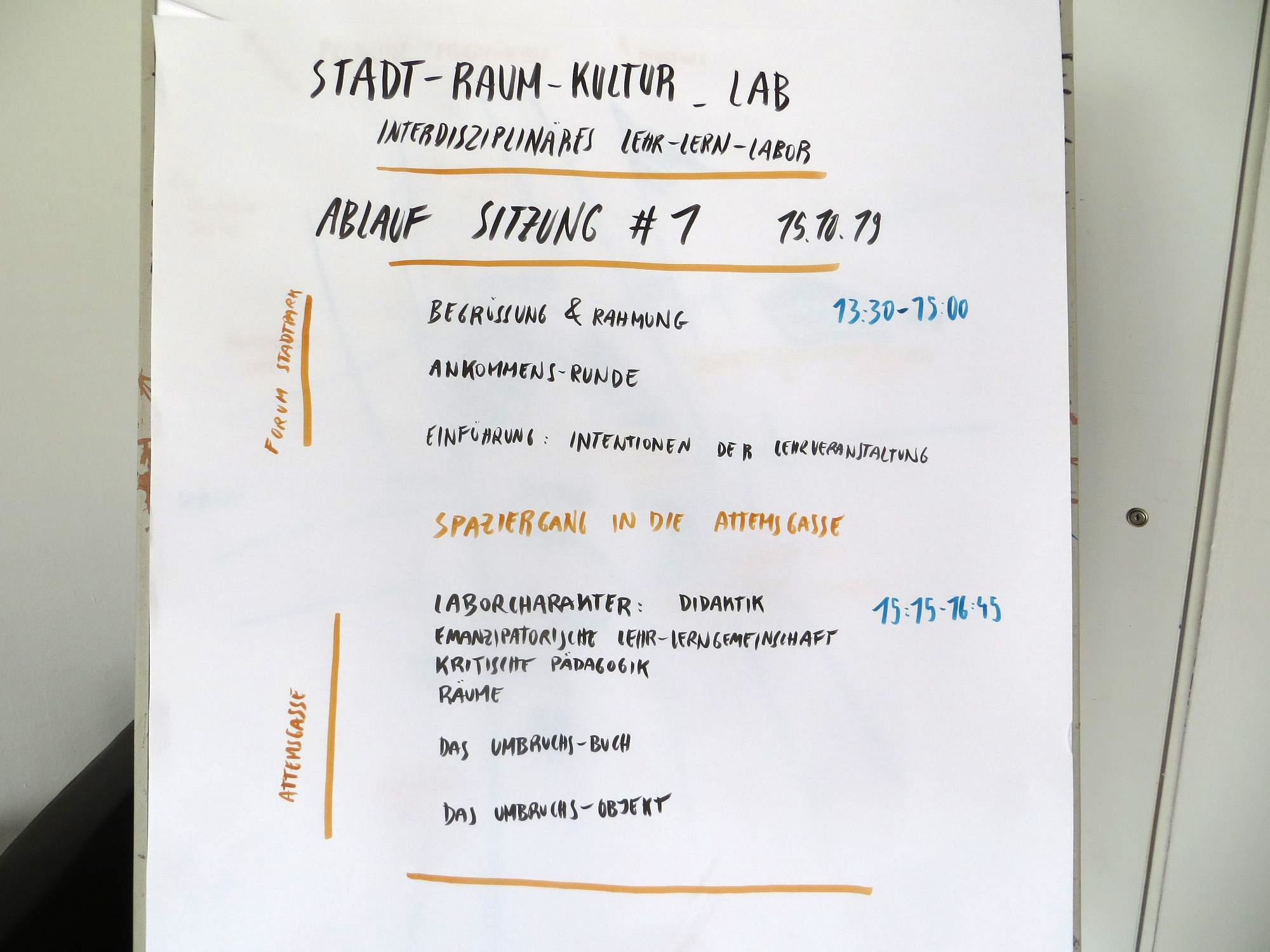

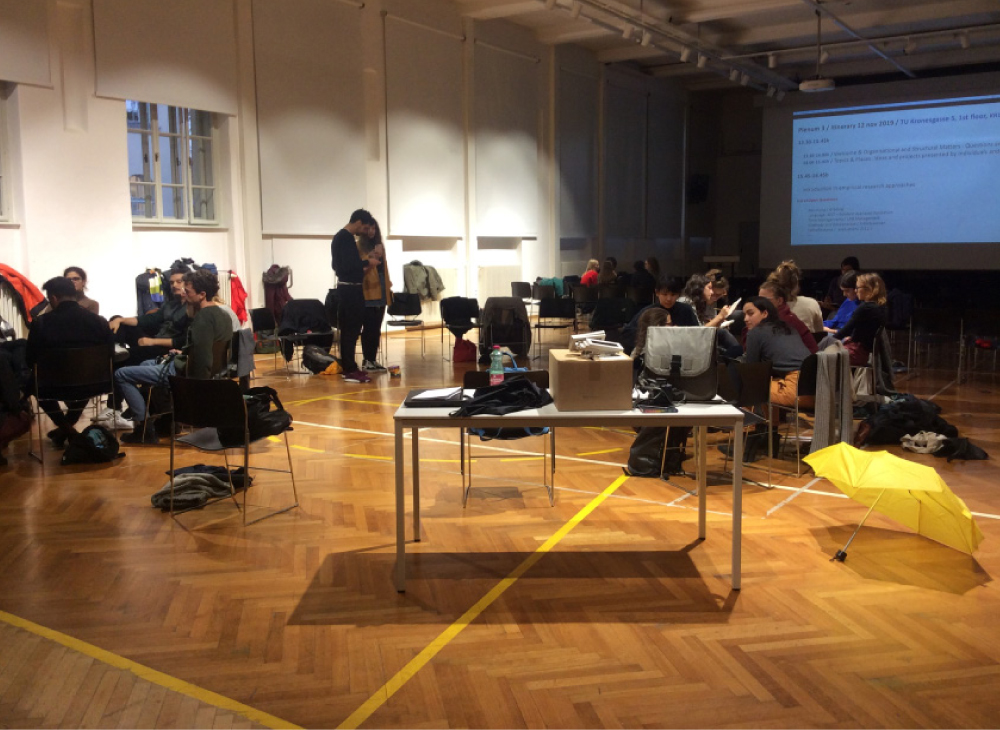



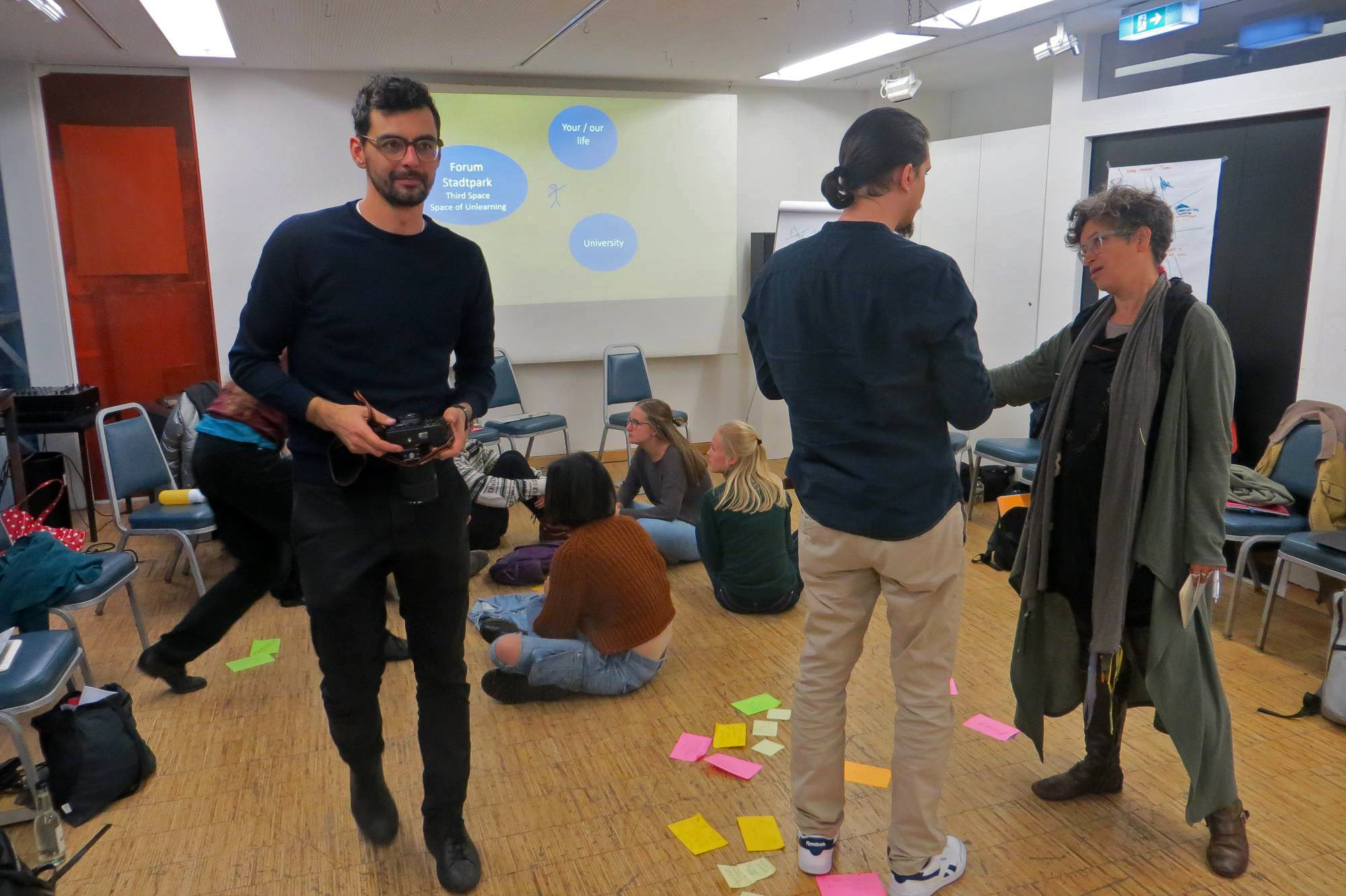

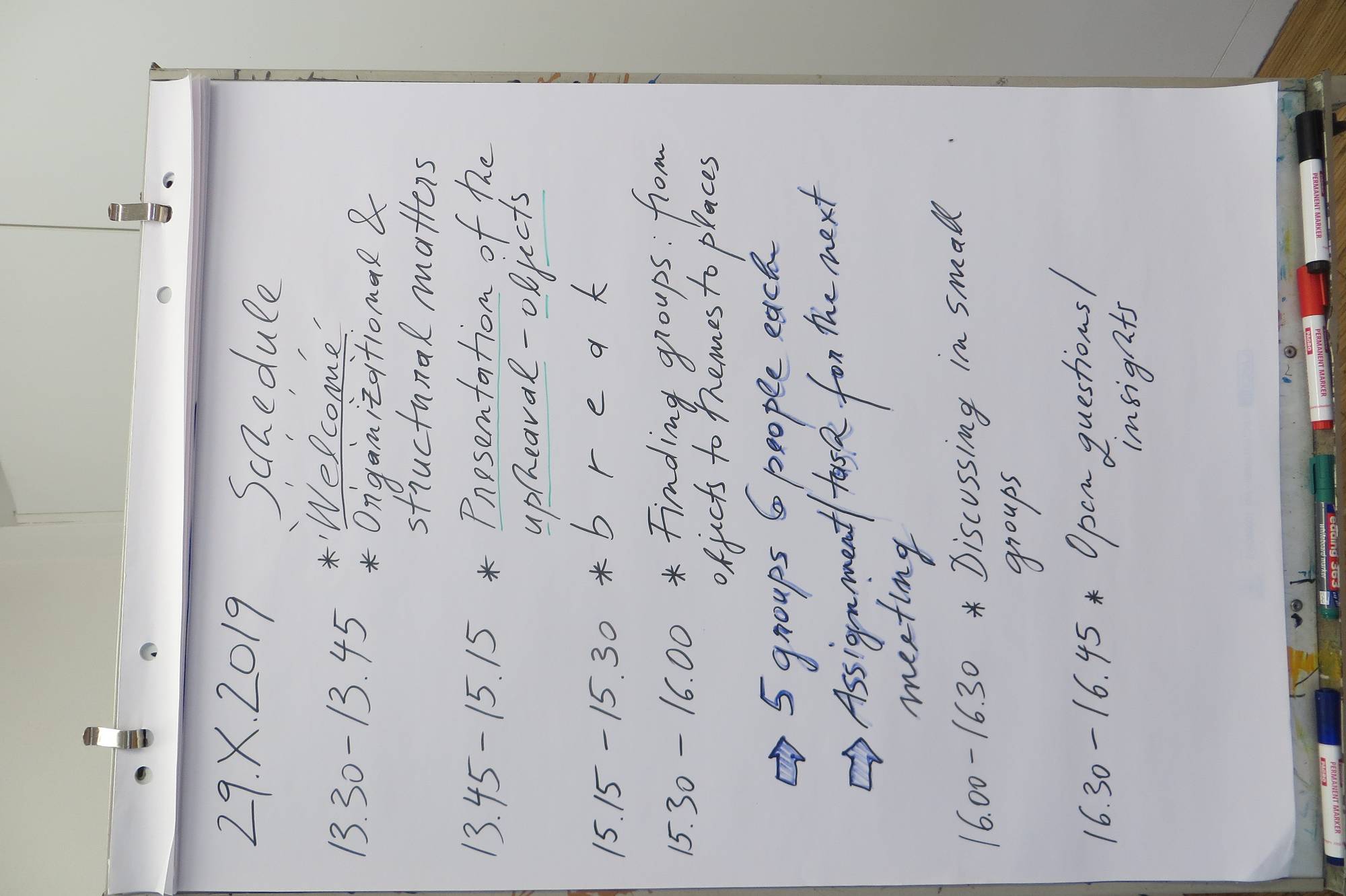

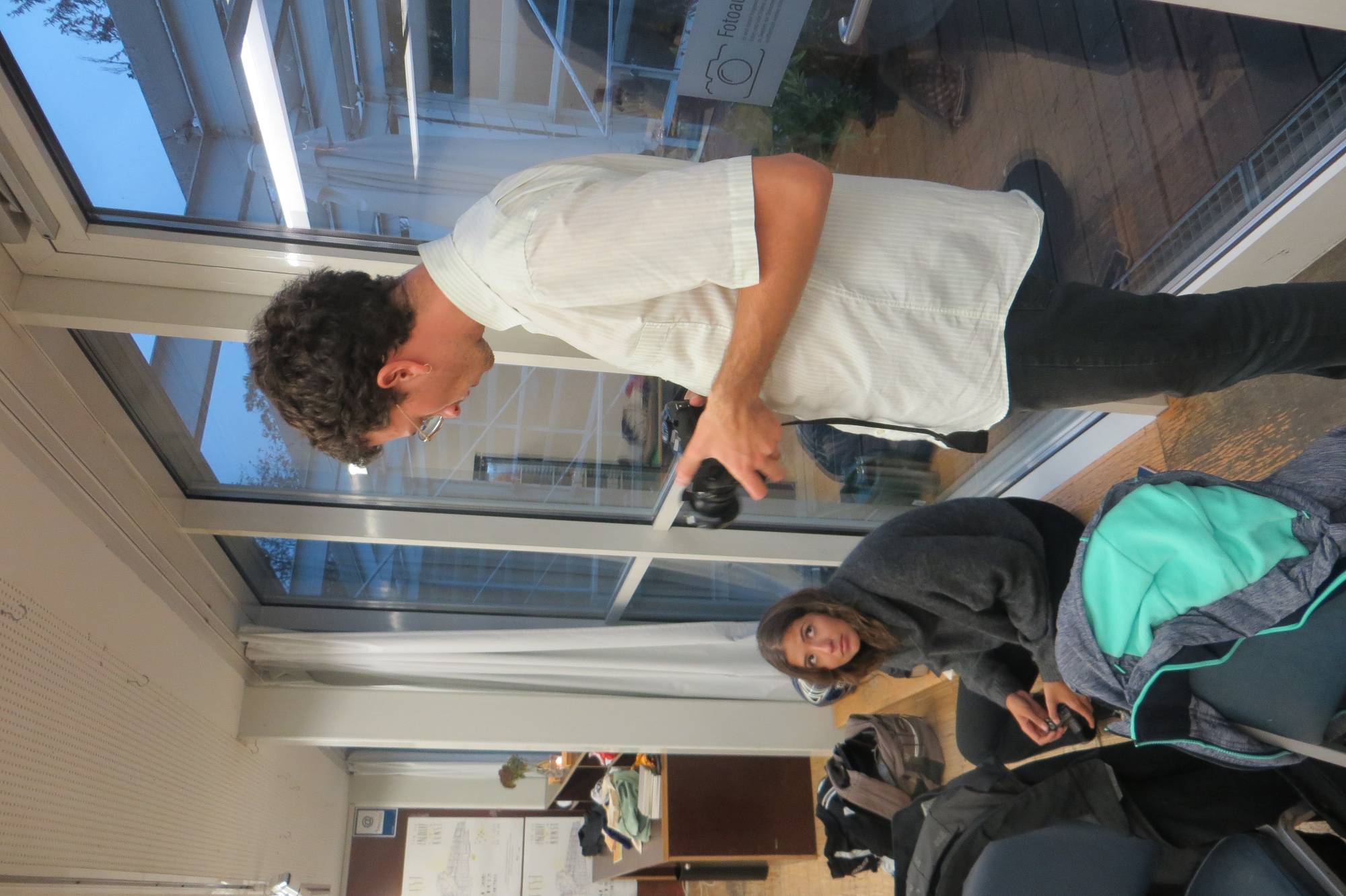

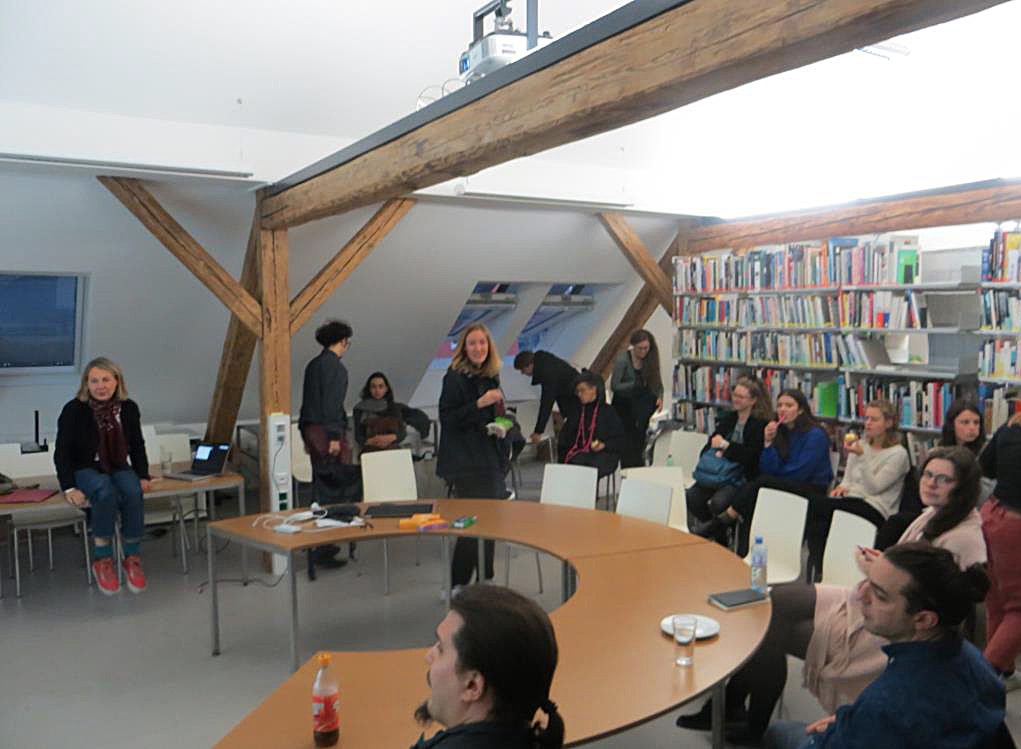

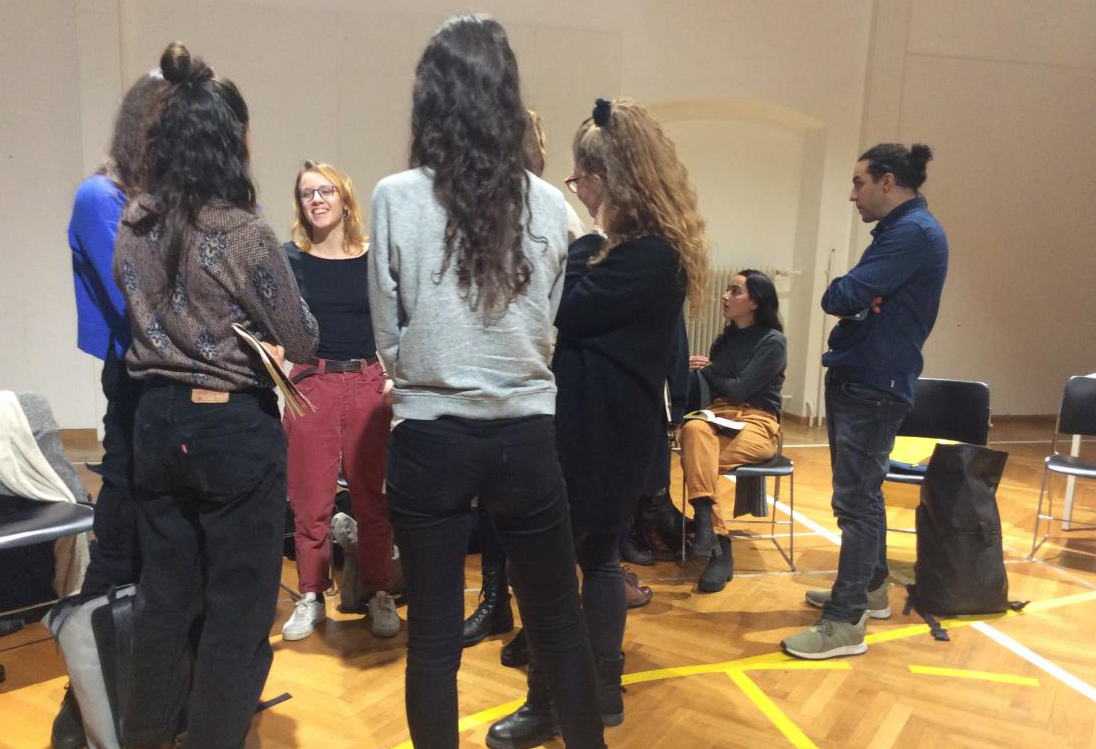

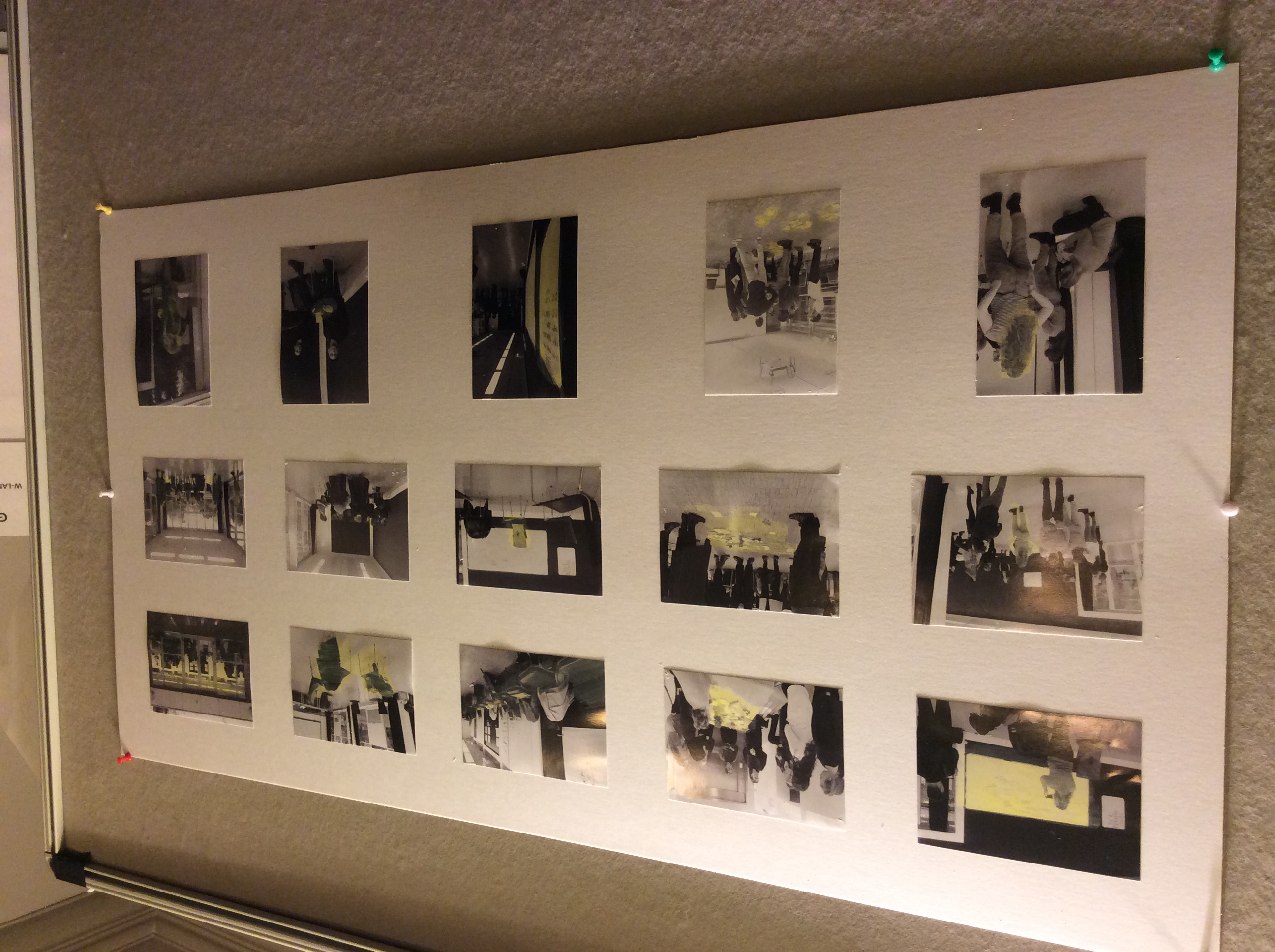



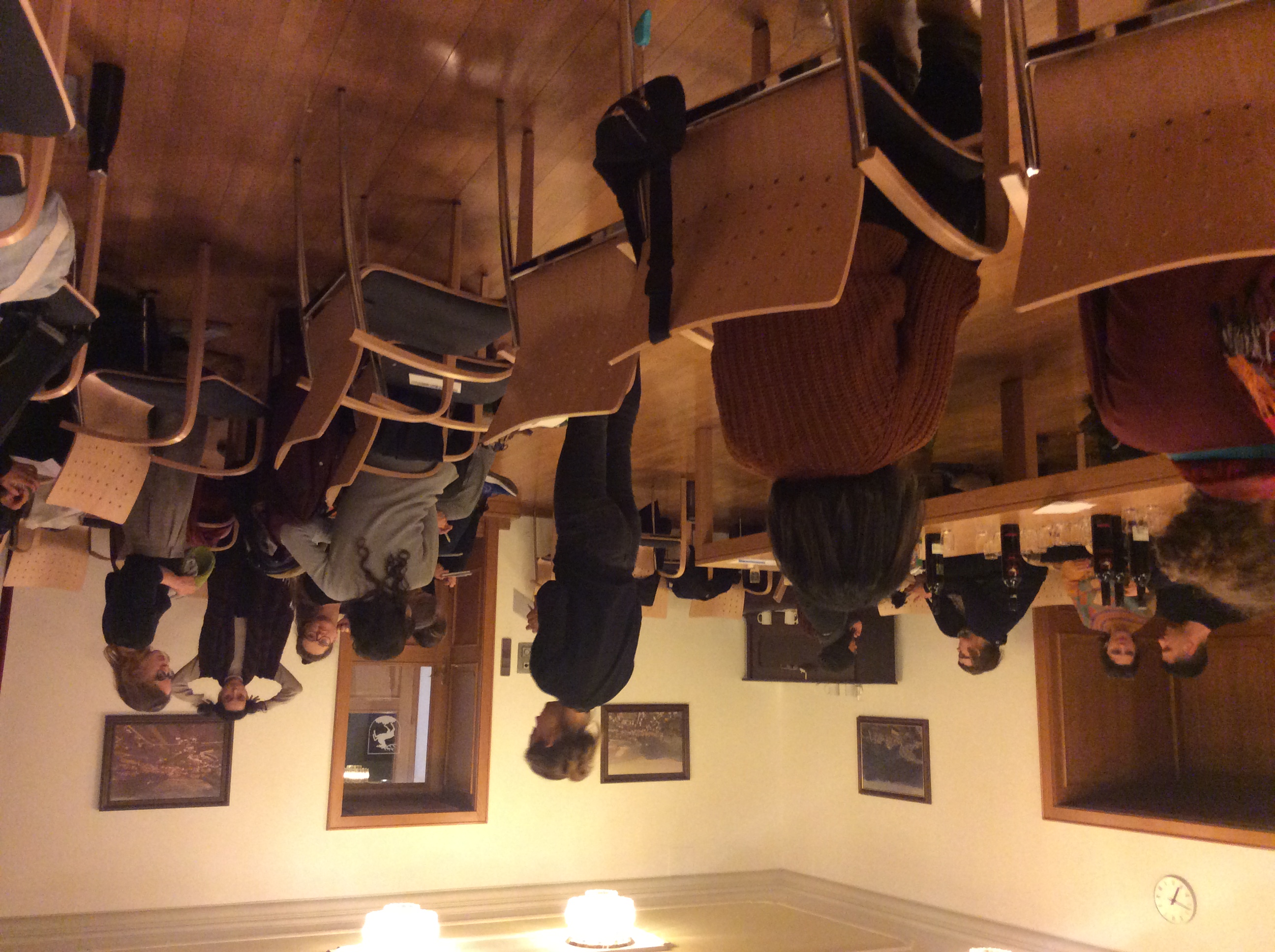



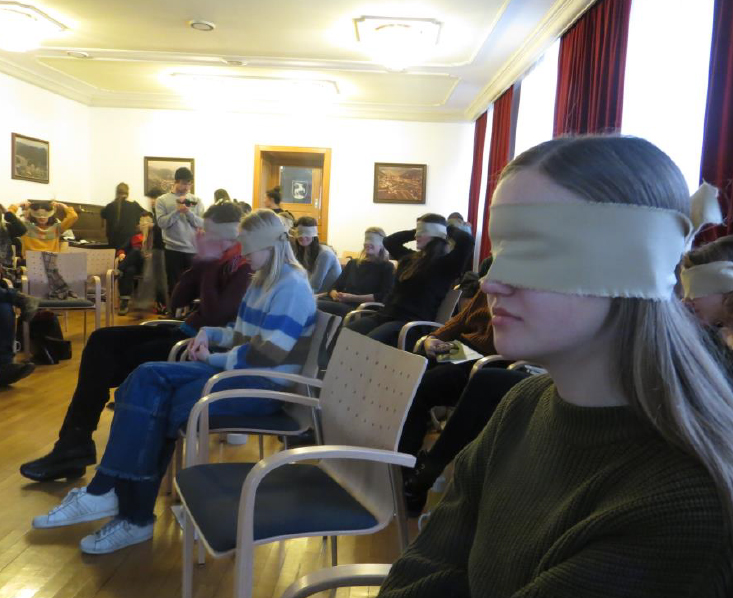

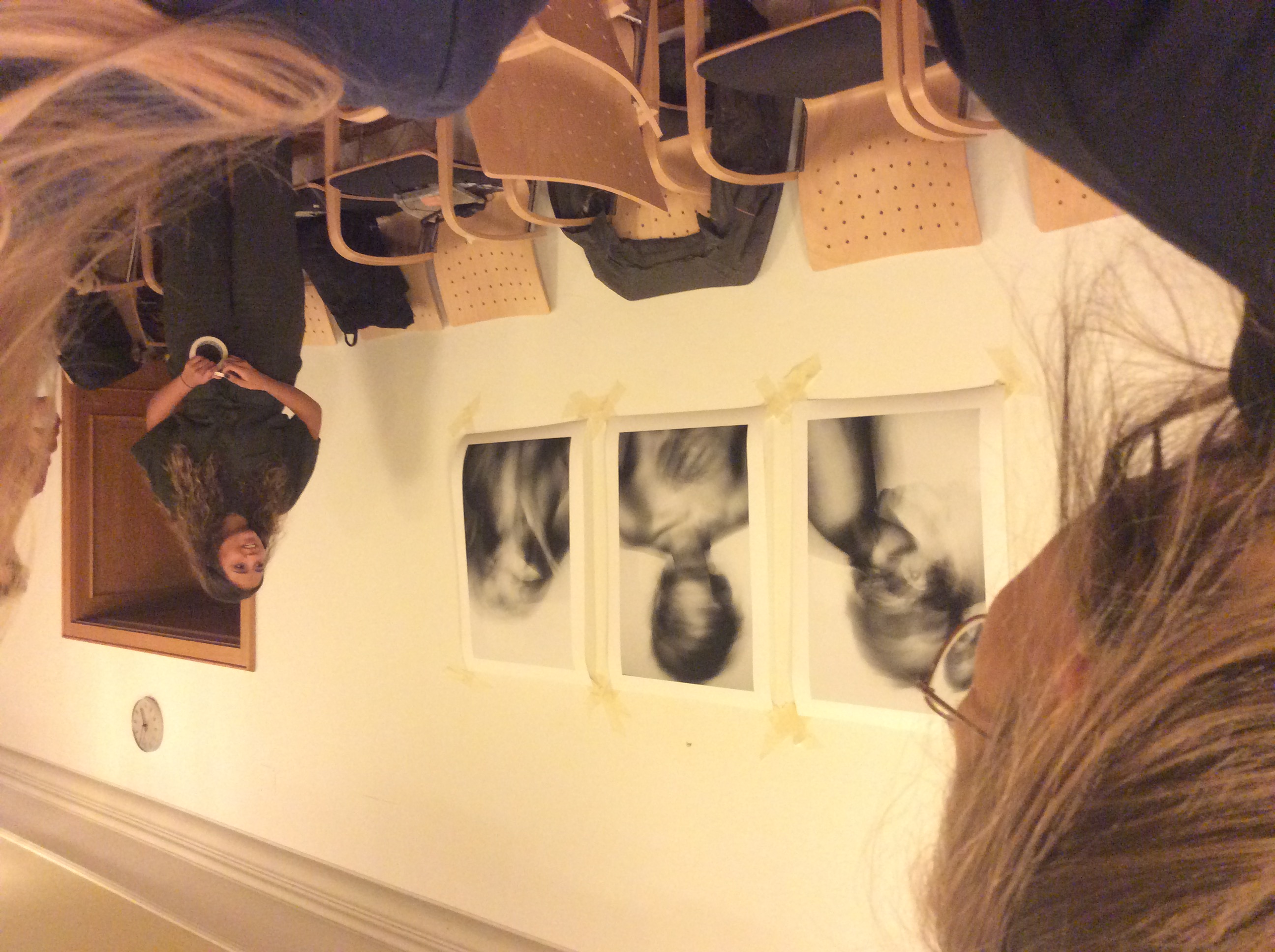

The exploratory course “City-Space-Culture LAB (interdisciplinary learning-teaching laboratory)” examined upheavals using urban landscape examples of Graz in the winter semester 2019/20. It was carried out in cooperation between the Institute for Cultural Anthropology of the University of Graz, the Institute of Contemporary Art (IZK) of the Graz University of Technology and the Forum Stadtpark.
The focus on urban, spatial and cultural research has been anchored at the Institute for Cultural Anthropology at the University of Graz for many decades. Long-term collaborations between the architecture department of Graz University of Technology in the areas of living, participatory building construction and theories of urban and architectural research have been consolidated in recent years under one roof: Cultural Studies in Architecture.
The field of art was also added to this expertise through the space of the Forum Stadtpark and cooperation with the IZK. Located at the crossroads of these three fields, the course was able to draw on a wide-ranging repertoire of approaches and strategies.
Against the background of a dynamic urban and political landscape, we asked ourselves the following questions during the course:
How do (gradual) upheavals take place in urban space? In which spaces can social/political/cultural changes in society be exemplified? What methods can be used to determine them? How can cultural anthropological findings in the sense of an “intervening cultural anthropology” be turned into areas of practice?




































The forms and objectives of learning focused on:
...interdisciplinary and transnational learning between cultural anthropology, art and architecture.
... awareness-raising of the values of the humanities and their integration into one's own discipline and ways of thinking.
...critical reflection, linking and applying spatial and cultural theoretical principles from both disciplines.
...putting to use explicit openness in identifying topics and forming groups through joint reflection and moderation processes.
...experience and reflection on interdisciplinary interaction, group formation and spatial experience processes.
...experience and reflection on interdisciplinary interaction, group formation and spatial experience processes.
...the creation of a teaching-learning community as a temporary research collective.
Both the composition of the interdisciplinary research groups and their topic of spatial location, procedure and the methods of presentation were not determined in advance, but largely left to the students. Evaluation and grading were also first discussed and agreed upon during the course. The focus of the teaching team was on moderating this process and providing the students with tools to work independently and to repeatedly intervene to prevent students falling back into familiar university patterns.
Alternating with the bi-monthly joint meetings, “autonomous rooms” were planned for the students, in which they could work on their respective research projects or obtain expertise as they wished.
The research results, experiences and learning processes were finally discussed during a two-day final retreat to the Prenning’s Garten cultural centre and the village hall of the Deutschfeistritz community near Graz. Critical reflection of the increasingly restrictive university framework conditions of the Bologna reform which conflict with the values of humanities also took place.